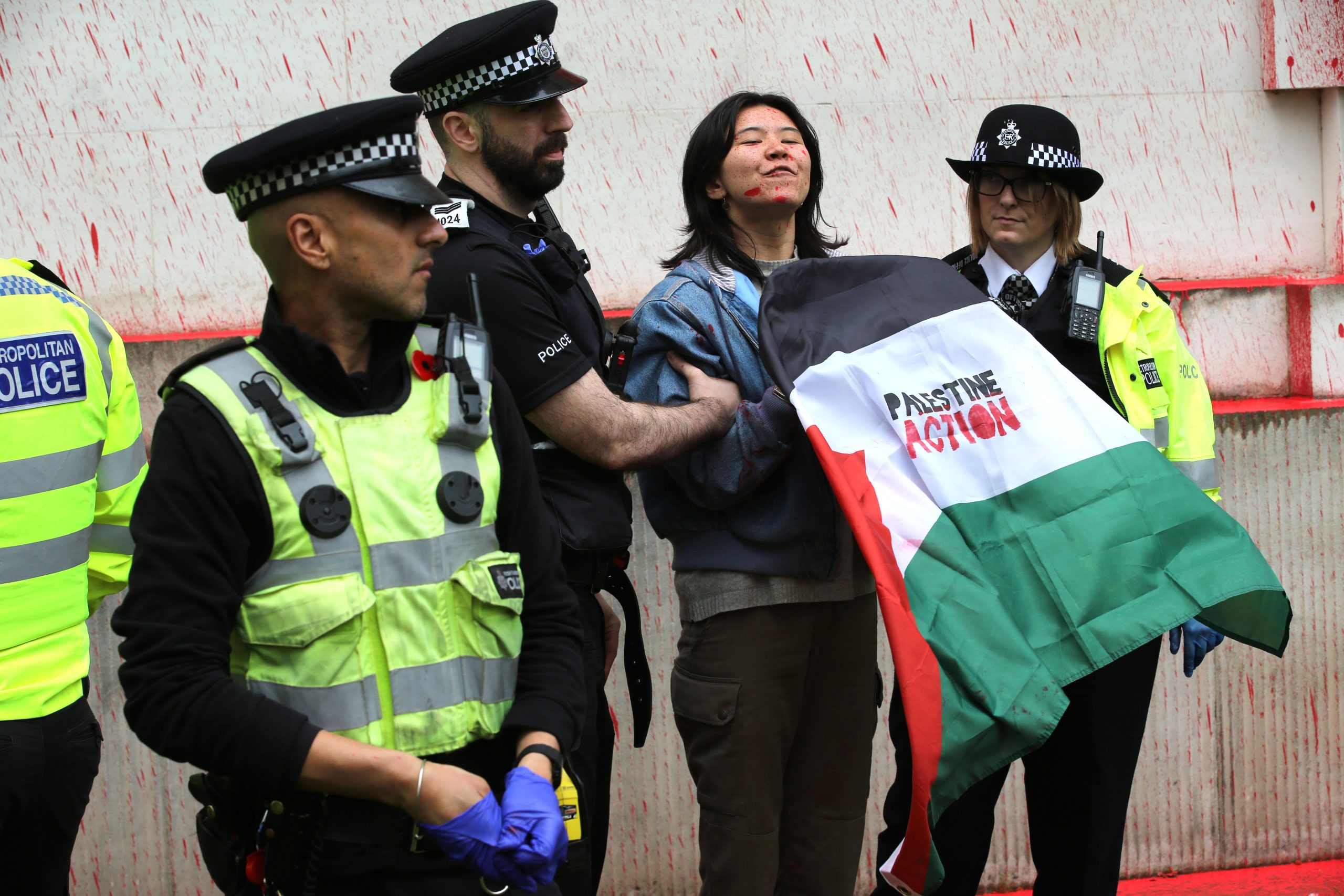The Ecology of Freedom, M.Bookchin
The way in which we are conditioned to live our lives in Western society is unsustainable. We need alternative models and we can’t look to policy makers to deliver the changes necessary to provide safety, shelter to its citizens and protection to our ecosystems. Two of the biggest emergencies facing Ireland right now are the ecological devastation imposed by profit driven forestry companies and the ongoing housing crisis which is seeing rents being driven up, housing quality going down and rough sleeping homelessness rising to all-time high. In Dublin, from 2012 to the present day, the price of a house or apartment has risen by 80-90%. Wages have risen disproportionately, increasing by only 18%. Rents have risen sharply also. Amid this crisis, hundreds of properties lay barren and derelict while falling into disrepair.
The Affinity Collective is seeking to offer up a potential solution to these problems, one of many ways in which we can band together and take the future into our own hands. It was born out of a mutual desire for change and to collaboratively co-create an alternative model to the failings of our corporate capitalist society. Soon to call a 9.5 acre plot in Rural west Ireland home, the Collective is a radical land cooperative who in 2018 came together with the will to act upon shared ideals, inspiration and to co-create solutions to the problems we face. Committed to a grassroots approach, the Affinity Collective seeks to promote agricultural and social permaculture : the nurturance of preexisting and creation of new local self-sustaining ecosystems which include decentralised and non-hierarchical human activity; and which protect and provide for all their mineral, vegetal, animal and human agents.
Members of the collective have different stories and come from a variety of backgrounds including activists, citizen scientists, and artists with experience in the DIY scene, guerrilla gardening, community growing and living and organising in social centres. They are committed to using all the skills and resources at their disposal to build a base of mutual aid, sustainable living, and grassroots organising.
So how did we get where we are?
Well, first, we had to realise that we can and need to radically restructure the way we organize societies and communities as a species by replacing what we see as oppressive structures with models based on accessibility, cooperation and empowerment. The seemingly insurmountable injustice and distress act as a catalyst to organize and can give unique leverage to achieve projects and build the communities that we so desperately need.
Then came the paperwork! We knew we wanted to have legitimate access to land but we didn’t want to have personal ownership of it. We decided to set up a limited company and become board members – two very foreign concepts to us! There were fees, hoops to jump through and lots of meetings. This all coincided with a long period of saving, attracting investments, considering loans from financial institutions and wishing for miracles. During the summer this year, the Affinity Collective LTD was founded, our coppers were counted and we began a search for an affordable plot. Once we found a place we thought was in our budget we took a variety of personal loans from banks and friends. That is where our story ends for the moment! With full covid restrictions in place, we will have to make do with dreaming up wonderful cob houses, creating lists of necessary tools and materials and communicating over Skype.
We are all still dreaming of the future, and planning on working on the designing and planting of our food forest and our general forest over the winter and making a path up the hill which encompasses over half of the property. The real trick to making this place thrive will be in the balancing of building living spaces, reliable off-grid energy, a community centre, perhaps even recycling facilities. We are all very hyped to get to work on the interweaving of natural vegetation, fauna, fungi and water distribution to create a strong, healthy biome. These are all vital starting points which we are committed to bringing to life. We trust that such bases will bring new projects and developments to life, be it through collaborations with other cooperatives or through responses to rising local needs and creative projects. After all, moving forward, humanity in general is really going to need to pay mind to all these interconnected elements of the various wonderful biomes across the earth if we are going to keep thriving on this earth and moving toward bigger and better times.
We recognize culture as a central and economically dismissed part of human activity. As such, the Affinity Collective is also already involved in podcasting and blogging, and will rely on its upcoming locus to encourage our philosophers and thinkers of all strains to exchange, thrive, and share their insights and cultural projects. After all, cooperation and cultural creativity are the two markers of a society that prospers, instead of merely surviving.
A true permaculturist approach means that the Collective does not work towards autarky. On the contrary, we seek to become a node in a network of mutual aid, linking up with other such projects of all sizes on the island, from small farms to back garden tree nurseries and hopefully more projects in a similar vein to the Collective themselves. By shrinking the supply chain of resources from a carbon-intensive global corporate operation to smaller and more direct networks we can contribute to cutting back on Ireland’s carbon emissions and showing practical and meaningful new ways of organising ourselves.
Life is good, people! You can do it too!
Affinity Collective
@affinitycoire








